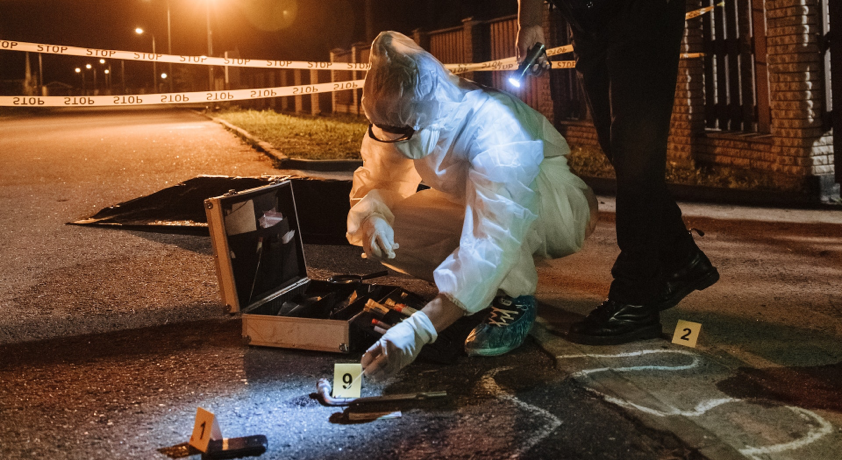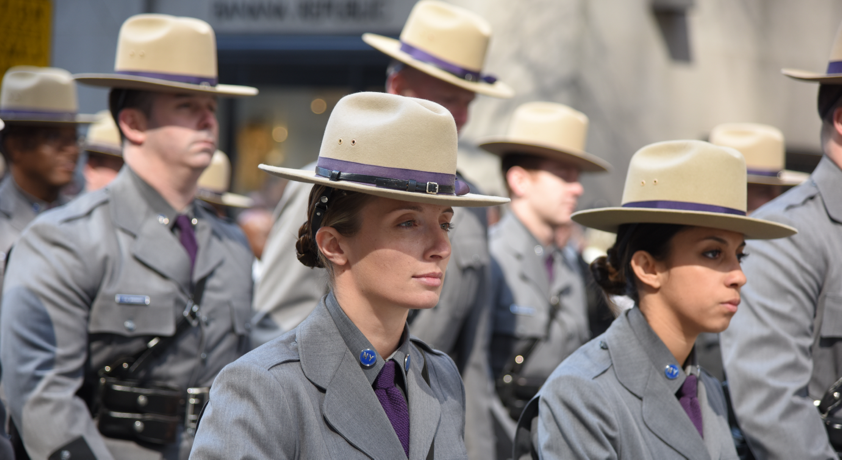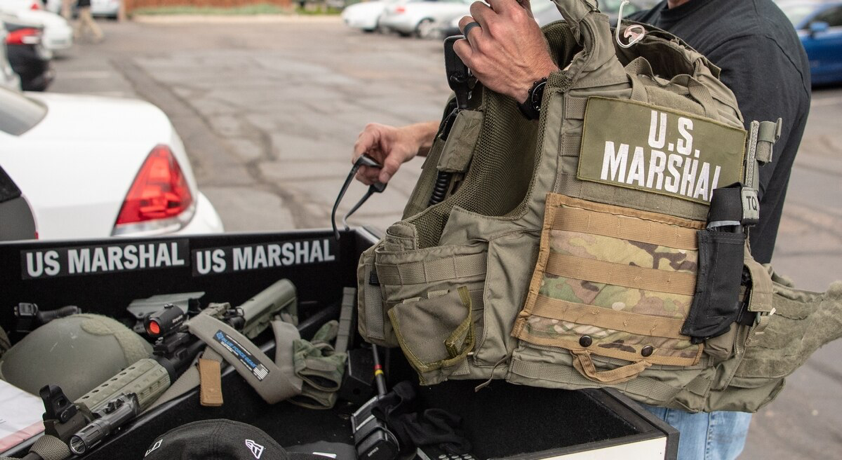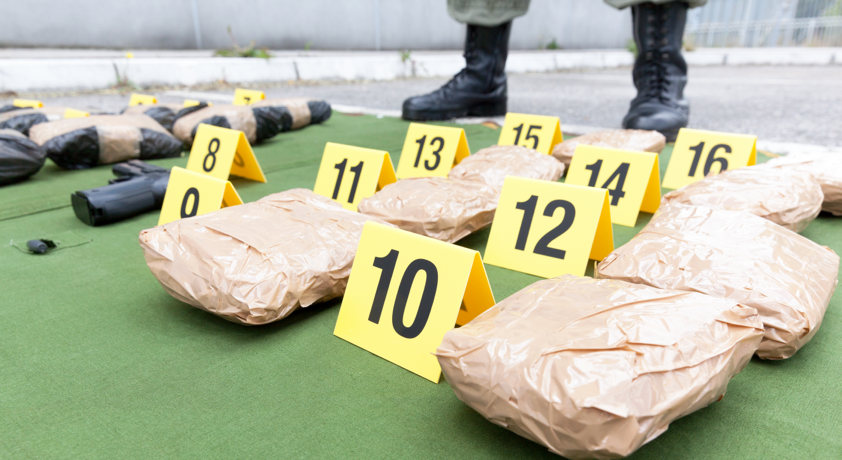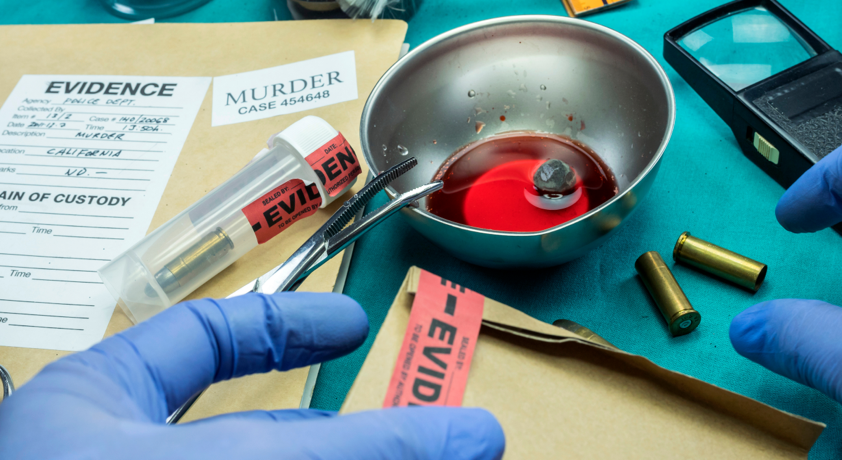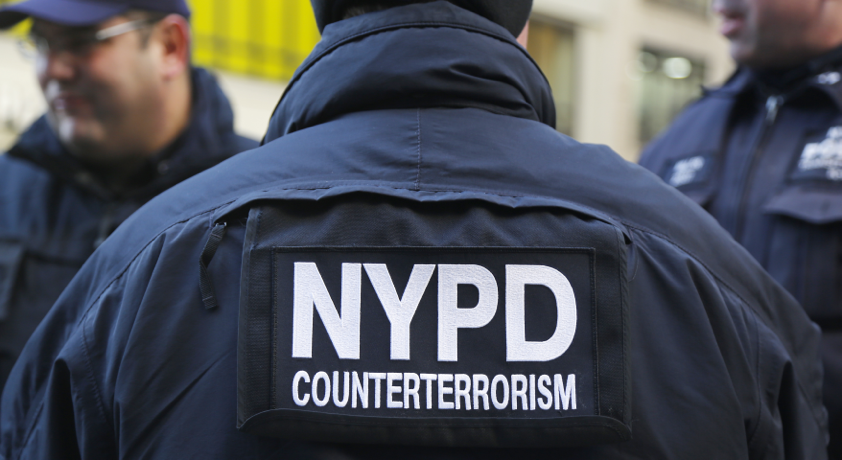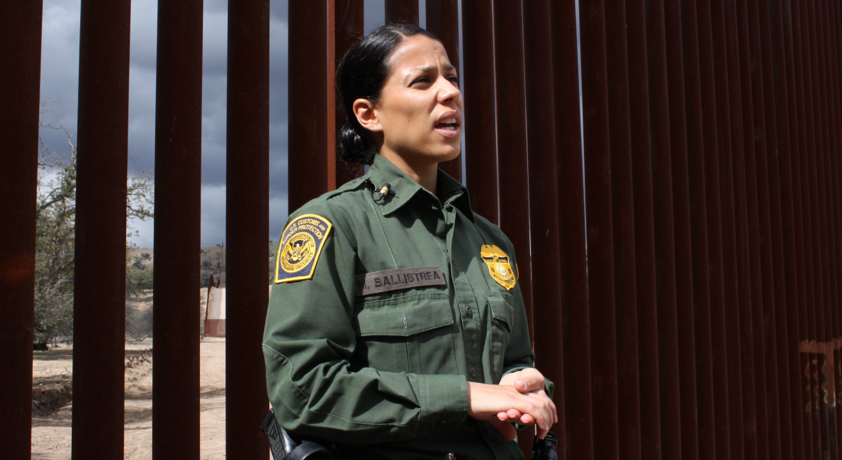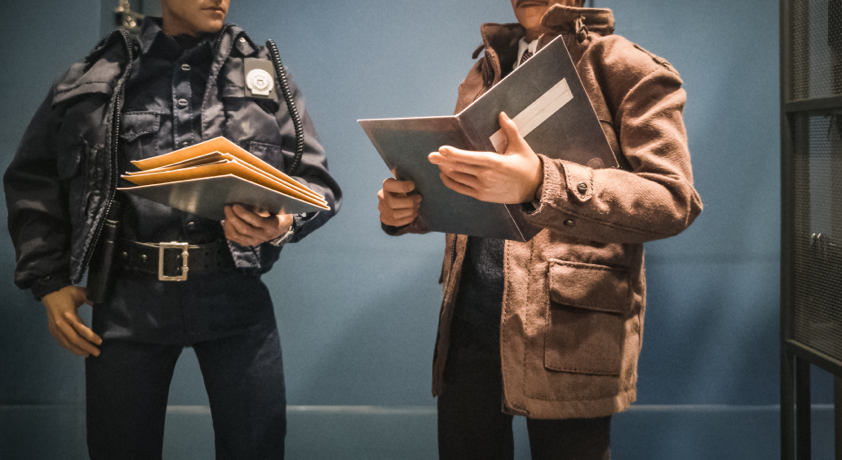Last Updated: 19 June, 2023

Criminal Justice Careers
Criminal justice is a diverse and dynamic career field that crosses numerous disciplines – creating job opportunities for people who want to be at the forefront and for those who prefer to work in the background, at nearly every level of education and experience.
Top Careers in Criminal Justice
Criminal justice is a broad field with professional opportunities that range from law enforcement officers and investigators to crime scene technicians, forensics analysts, lawyers, and law clerks. In these roles, individuals may be responsible for apprehending criminals, analyzing evidence, administering justice, defending legal cases in courtrooms, or crafting new legislation. Some of the top careers in criminal justice include:
What Is Criminal Justice?
Criminal justice is the system of practices, rules, and institutions that are put in place to define, enforce and ensure public safety. It encompasses law enforcement, the court system, judicial processes, and corrections. Generally speaking, criminal justice professionals are responsible for upholding the law, maintaining public order and safety, and protecting citizens from criminal activity.
Types of Law Enforcement Officers
A law enforcement officer is any individual who has been sworn in by a government agency to enforce the law, whether they are a local police officer, state trooper, sheriff, federal agent, or game warden. While the vast majority of law enforcement officers work for municipal police departments, there are also many opportunities with state and federal agencies.
The duties of a law enforcement officer can vary greatly depending on their agency and position, but there are some common types of law enforcement officers, including:
General Law Enforcement Officers
The most common and visible type of law enforcement officer is uniformed personnel who are responsible for responding to calls for service or help, patrolling their assigned beats, providing first aid, investigating crimes, and making arrests. They are the backbone of most police agencies and are responsible for maintaining order, enforcing laws, and keeping the peace.
Detectives
A detective is a law enforcement officer who is responsible for investigating crimes. They are often assigned to specific cases and work closely with other officers, witnesses, and victims to gather evidence and build a case against the suspect. Detectives may also be responsible for interviewing suspects and testifying in court.
Sheriffs and Deputy Sheriffs
The sheriff is the chief law enforcement officer in a county and is responsible for maintaining order, enforcing laws, and keeping the peace. Deputy sheriffs are sworn officers who assist the sheriff in these duties. Together, they are responsible for patrolling the county, responding to calls, investigating crimes, and operating the county jail.
State Police Officers
State police officers, also known as state troopers or highway patrol officers, are sworn law enforcement officers who patrol the highways, enforce traffic laws, and assist at accident scenes. They are also responsible for investigating crimes, responding to emergencies, and providing assistance to other law enforcement agencies. Their jurisdiction typically covers the entire state but is limited to specific highways or areas within the state.
Federal Bureau of Investigation (FBI) Agents
FBI agents are federal law enforcement officers who investigate a wide range of crimes, including terrorism, espionage, public corruption, organized crime, civil rights violations, major white-collar crimes, and other sensitive national security matters. They are also responsible for providing intelligence and support to other law enforcement agencies.
Drug Enforcement Administration (DEA) Agents
The Drug Enforcement Administration (DEA) is a federal law enforcement agency responsible for investigating drug-related crimes. DEA agents are tasked with enforcing laws related to the manufacture, distribution, and use of illegal drugs. They also work to disrupt and dismantle drug trafficking organizations and prevent the diversion of legal drugs for illegal purposes.
U.S. Marshals and Deputy Marshals
The U.S. Marshals Service is the oldest federal law enforcement agency in the nation. Marshals and deputy marshals are responsible for protecting the federal judiciary, transporting federal prisoners, and executing federal warrants. They oversee fugitive investigations, asset forfeitures, witness security, service of court process, prisoner services, and other special operations and programs.
Search All Careers
The field of criminal justice is extremely broad, covering a wide array of professional disciplines and including subfields such as law enforcement, homeland security, civil service, forensic science, corrections, private security, and public safety. Careers in criminal justice are found everywhere, at the federal, state, and local levels, and in virtually any workplace setting or industry – because every employment sector has to deal with crime on some level.
Resources for Law Enforcement Officers
Pursuing a career in criminal justice can be a daunting task, but there are many resources available to help you get started. The following websites offer information on law enforcement careers and are designed to help individuals learn more about occupations, education and training requirements, current job openings, and other aspects of working in the field.
United States Department of Justice
The United States Department of Justice is the federal government's principal executive department responsible for federal law and the administration of justice in the U.S. The Justice Department's website provides information on a wide range of topics related to law enforcement, including the structure and function of the Department, as well as its many programs and initiatives.
Federal Bureau of Investigation (FBI)
The Federal Bureau of Investigation is the principal federal law enforcement agency of the United States. It is responsible for domestic intelligence, counterintelligence, and security, as well as investigating federal crimes. The FBI's website provides information on the agency's history, structure, and mission, as well as job opportunities and training programs.
The United States Secret Service
The United States Secret Service is a federal law enforcement agency with a dual mission: to conduct criminal investigations and to protect the President, other U.S. political leaders, and visiting heads of state. As an agency under the Department of Homeland Security, the Secret Service also has the mandate to protect the nation's financial infrastructure and critical infrastructure from cybercrime.
United States Marshals Service
The U.S. Marshals Service is a federal law enforcement agency that serves as the enforcement arm of the federal courts to ensure the smooth operation of the judiciary. The Marshals Service is a bureau within the Department of Justice that operates under the direction of the Attorney General. The agency's website is a comprehensive resource for information on the organization, its history, and its many programs and directives.
Bureau of Alcohol, Tobacco, Firearms and Explosives
The Bureau of Alcohol, Tobacco, Firearms, and Explosives (ATF) is the federal agency responsible for investigating and preventing federal offenses related to the unlawful manufacture, possession, and use of firearms, explosives, and tobacco products. ATF Agents work in a wide variety of investigative and enforcement capacities, including conducting undercover operations, executing search warrants, and making arrests.
United States Department of Homeland Security
The United States Department of Homeland Security is a cabinet-level executive department of the federal government responsible for homeland security. The department's stated mission involves protecting the United States from terrorist attacks, man-made and natural disasters, cybersecurity, and safeguarding the nation's borders.
